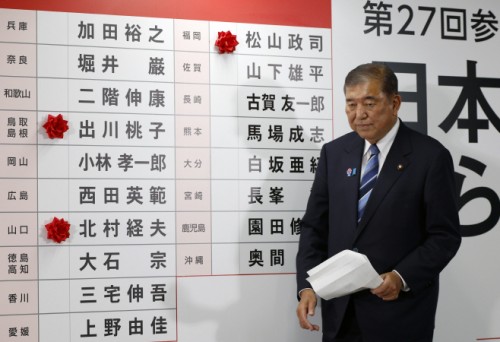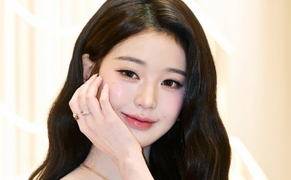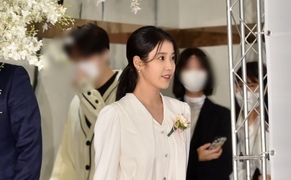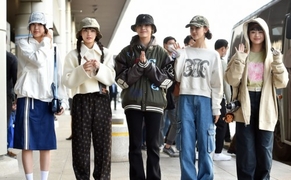 |
| Japanese Prime Minister and LDP President Shigeru Ishiba walks past a board listing candidates at party headquarters in Tokyo on July 20. / AP-Yonhap |
The election saw a surge in support for conservative third parties, particularly the Democratic Party for the People (DPP) and the hardline Japan First Party (JFP). The DPP, which campaigned on boosting take-home pay and raising the tax exemption ceiling, increased its seat count from 4 to 17. The JFP, which emphasizes a nationalist "Japan First" agenda, rose from 1 to 13 seats.
Meanwhile, the main opposition Constitutional Democratic Party (CDP) lost one seat, falling to 21, while the Japan Innovation Party gained two seats for a total of 7.
Analysts at the Nikkei noted that the success of the DPP and JFP likely came from a split in the conservative vote base that previously backed the LDP. The stagnation of the CDP, on the other hand, suggests that criticism of the ruling bloc was diffused across various parties rather than consolidated under a single opposition force.
Japan’s upper house election renews half of its 248 members every three years. This cycle filled 124 regular seats plus one vacancy in Tokyo, with 75 elected from regional districts and 50 through proportional representation. Legislation in the upper house typically requires the support of at least 10 additional lawmakers beyond the sponsor, and budget-related bills require backing from 20 or more members.
The voter turnout was approximately 57.91%, up 5.9 percentage points from the 2022 election, according to Nikkei projections.
Despite the defeat, Prime Minister Shigeru Ishiba ruled out the possibility of resignation, emphasizing his responsibility to lead. Appearing on NHK after exit polls were released, Ishiba said, “I must fulfill my responsibility as the leader of the largest party.”
Pressed on whether he would consider forming a coalition with opposition parties or collaborating on individual policies, Ishiba replied vaguely, “We must carefully consider what’s best for achieving our policy goals.”
In an interview with Nippon TV, when asked if stepping down or handing over power to the opposition was an option, Ishiba responded firmly, “That is not on the table.”
Speaking with TV Tokyo, Ishiba cited ongoing U.S.-Japan tariff negotiations as one reason for staying in office, noting that he has held repeated discussions and agreements with President Donald Trump both in person and over the phone. “Doing everything we can for the national interest is only natural,” he said.
Most Read
-
1
-
2
-
3
-
4
-
5
-
6
-
7





















